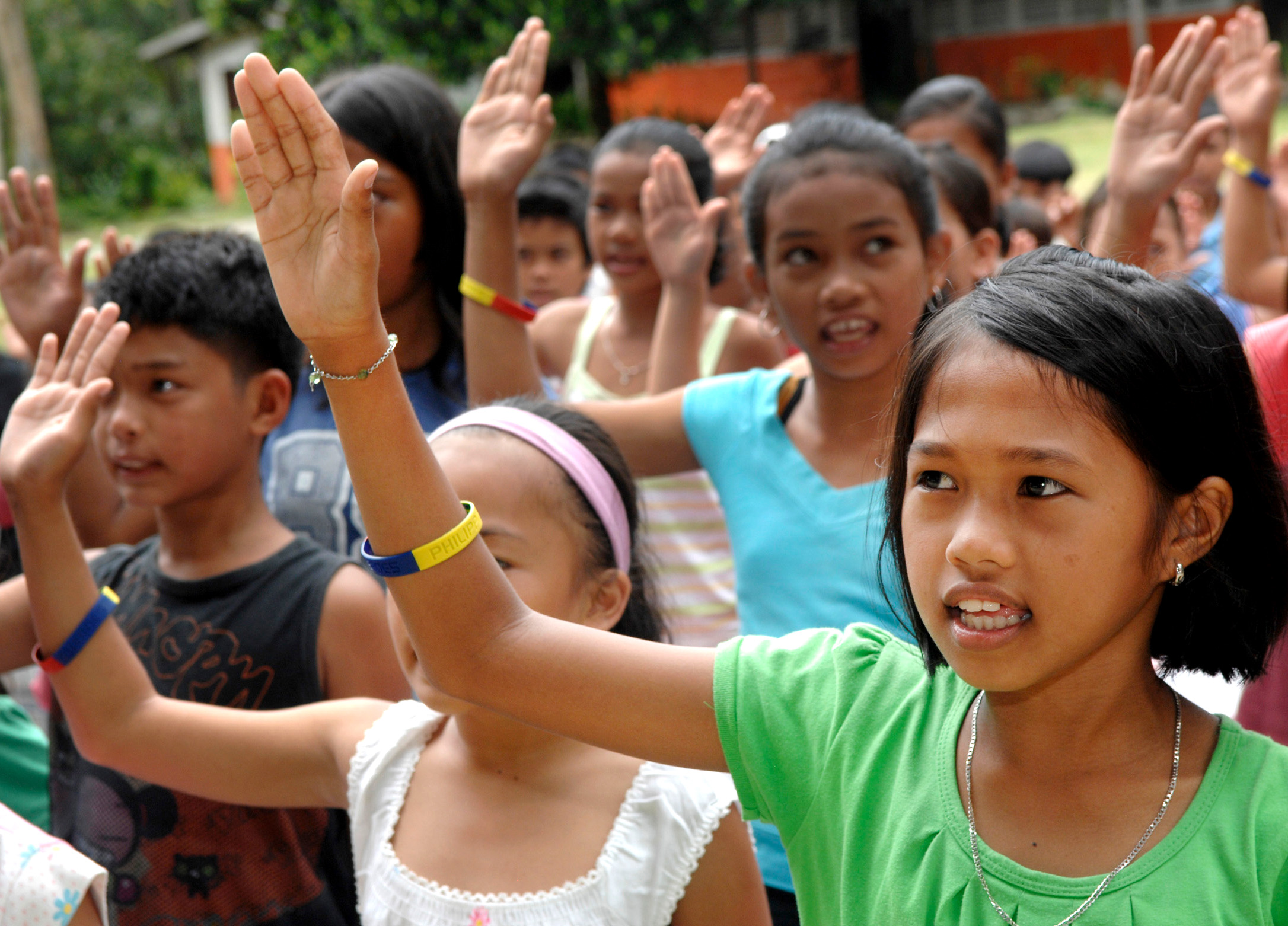Silatech was launched as an international organization that embodies the unique and inspired vision of its founder, Her Highness Sheikha Moza Bint Nasser. It addresses the unemployment challenge amongst youth and supports them to fulfill their potential as change agents and vital elements for the development of their societies.
Fast-forward ten years and the world is witnessing a diverse set of global challenges. We needed to shift gears and intensify our efforts to accommodate those in desperate need – youth in war-torn countries, victims of terrorism, climate change, refugees, internally displaced people, and marginalized young men and women. We have co-funded and facilitated programs and projects with the support of our partners all over the region to elevate the living conditions of these people.
Al-Aysh Al-Karim (Decent Living) is one of the projects we are extremely proud of. In partnership with Qatar Red Crescent, it provides internally displaced Syrian youth with professional training and employment opportunities in alternative mud houses projects for displaced families in Syria. The project also funds the establishment of small projects for displaced youth and provides the workers with tools that may be helpful in future projects.
During our visits and surveys of different fragile areas, we met inspiring individuals, who, even with nothing, managed to stay positive, continue working, and turn their lives around, creating a better life for themselves and their communities. The stories are endless, humbling, and inspirational all at the same time, and I would like to share with you a glimpse of what these people have gone through and where they are today. Maybe – just maybe – I will encourage one reader to lend a helping hand or get them interested in our work.
After a severe drought hit in Somalia in 2016 and devoured all livestock, Khadra Faisal migrated to Eyl to earn a living for her destitute family. One of her relatives informed her that there is a training course for fisheries by Yustan Seafood (one of the largest seafood processors and exporters in the horn of Africa). After the training, Khadra has been offered a job with Hodan fishing company to work as a fish processor.
“During the interview, I was asked about my experience in filleting, which I did not understand at all. However, I said I can slaughter a goat, so removing the bones from the fish will be a simple task for me,” Khadra said. “My family had to face a new severe reality – to earn a living from the sea, which is quite different from our pastoral livelihoods.” She was asked about her persistence to learn filleting. “I am the eldest daughter of a family impoverished by the drought. I knew how to turn grassland into economic advantages. And I now believe that I can derive our livelihoods from the sea.”
Yustan Seafood and its champion producer, Hodan fish, offered Khadra a job where she fillets fish in one of the processing centers owned by the two companies. She is paid $15 every day as wages for her job with the processing center. She has also started buying fish from the fisher folks and filleting them to sell to the restaurants in the town. This also generates a daily income of $10. Khadra now plans to save some money and supply filleted fish to small and medium buyers of fish including hotels and restaurants in the surrounding urban cities.
Another story that is dear to my heart is that of Abdi Sahl Dawali, a young Somali man who dreamed of migrating to Europe for a better life. During his journey to Europe, he passed by Ethiopia and spent more than three years in Libya, trying to find a way to cross the Mediterranean to Europe, but all his attempts ended in failure. I remember one time he said: “During my stay in Libya, I saw my friends get killed trying to cross the sea, and I was convinced that it was time to give up on my dream to reach Europe. I decided to return to Somalia.”
Upon returning, Abdi learned about the Entrepreneurial Loans Program provided by Silatech, the American Refugee Committee (ARC), and Kaah Islamic Microfinance Services. He applied for a loan and opened a cafeteria project in the city of Hargeisa. “Now I have a successful project that changed my life and the living conditions of my family for the better, and I hired three young people. I am hopeful, and I feel that I am an active member in my community.”
These young people are who keep me going, always trying to find better ways to help more and create new programs and partnerships; the more barriers we break, the more numbers we cross, and this gives me the strength to push further. Khadra and Abdi are two of millions out there who need us.


